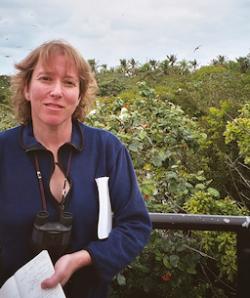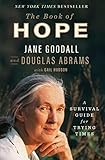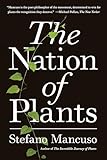Adrienne Ross Scanlan

Adrienne Ross Scanlan is the author of Turning Homeward: Restoring Hope and Nature in the Urban Wild (Washington State Book Award Finalist 2017, Sigurd Olson Nature Writing Award 2016 Notable Book, and Nautilus Book Award Silver Medal 2016–2017).
For over 20 years, she has immersed herself in all things nature as a citizen scientist, restoration volunteer, lay naturalist, and docent at zoos and animal shelters. Her nature writing and other creative nonfiction has appeared in City Creatures, LabLit: The Culture of Science in Fiction & Fact, the For Love of Orcas anthology, and many other publications.
She received an Artist Trust Literature Fellowship, was the nonfiction editor for the Blue Lyra Review: A Literary Magazine of Diverse Voices, and has a Certificate in Editing from the University of Washington. Her second book (in progress) is about a small personal project: planting one thousand trees in western Washington State.







































